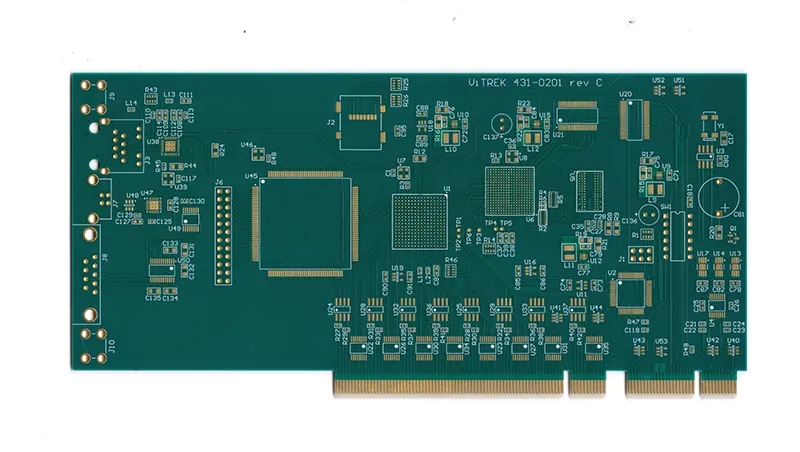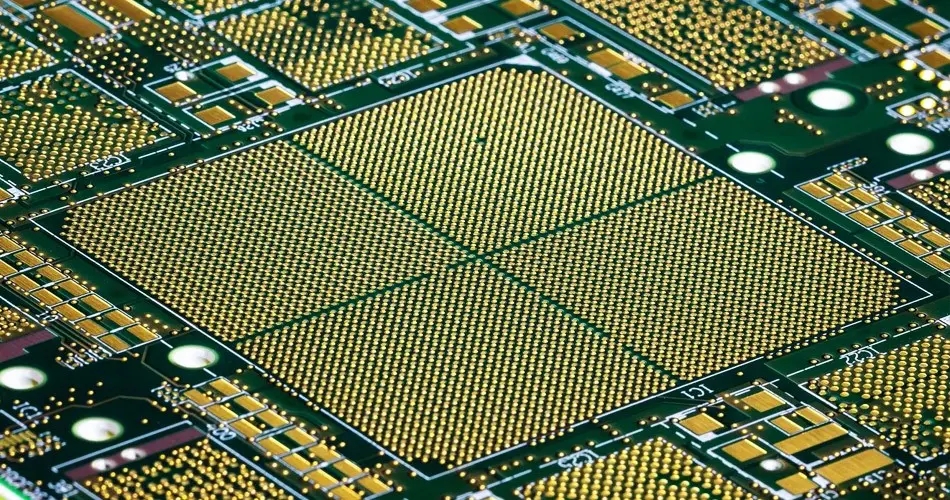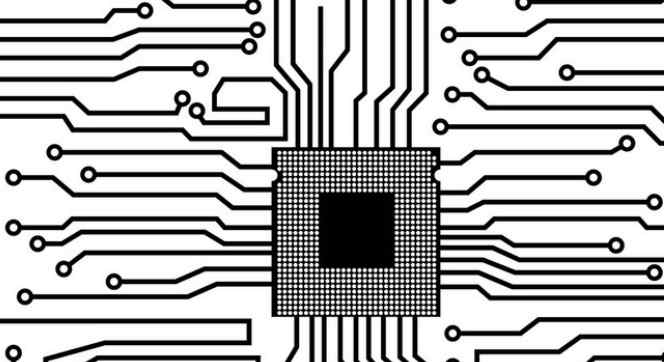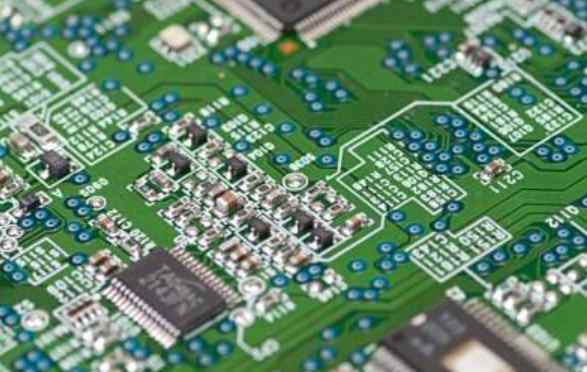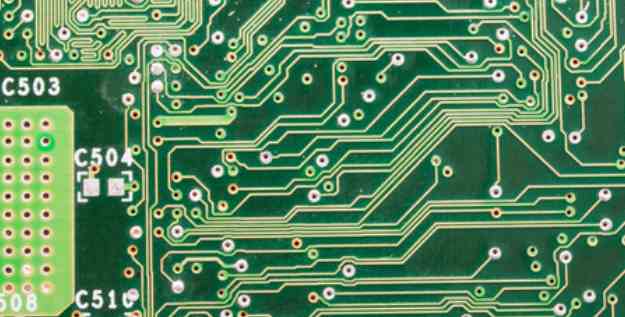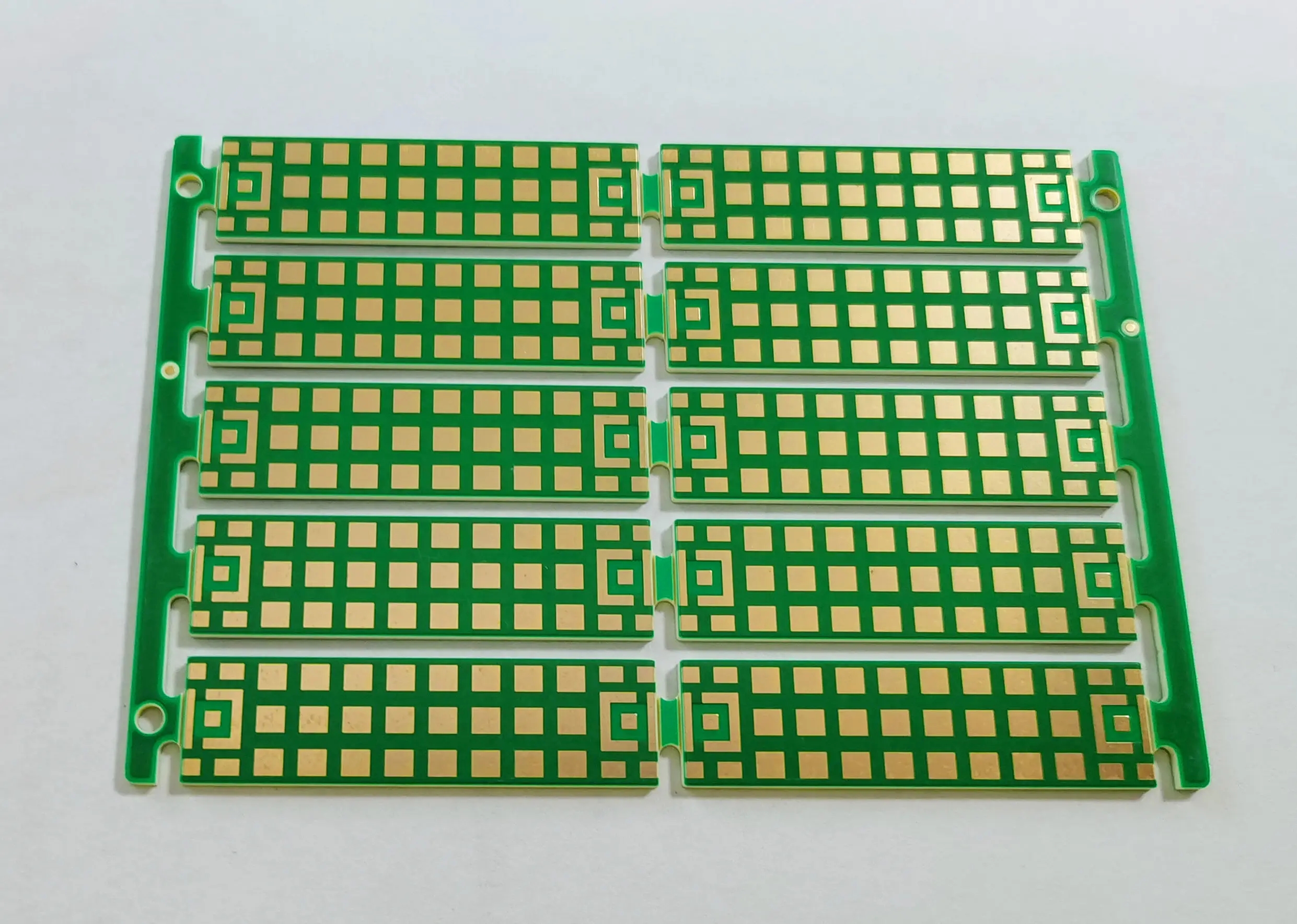
What are the requirements of new energy vehicles on PCB
PCB manufacturers, PCB designers and PCBA manufacturers explain to you what requirements new energy vehicles have for PCB
In the near future, the functions and environmental requirements of Automotive electronics will change dramatically. It is mainly affected by the three trends of automatic driving, interconnected vehicles and the increasing number of electric vehicles. PCB is a key component of these electronic systems. Considering the requirements of automobile safety, PCB is not just a connecting component between devices, and special attention must be paid to PCB failure modes in various situations. At the same time, higher requirements are put forward for the performance of PCB.

In a driverless vehicle powered by several hundred volts, it is necessary to ensure the reliable operation of PCB. PCB in automobile is affected by the environment during its service life, such as temperature, humidity and vibration load. Considering the electrical characteristics of PCB substrate, the influence of production tolerance and environment must be considered for automobile application, such as temperature and humidity, which will affect the electrical value. For example, during thermal aging, the relative dielectric constant and dielectric loss of the material will be reduced, but the dielectric constant will increase with the increase of the moisture content in the epoxy resin material.
The functional requirements of new energy vehicles are also diverse. The use of PCB in electric vehicles may be a cost-effective solution, but PCB must be able to withstand hundreds of amperes of current within a lifetime of 1 million hours, and up to 1000 volts of voltage and other automotive environments. On the one hand, it is getting closer to the actuator. For example, power electronic components should be able to withstand higher temperatures. On the other hand, electronic devices such as on-board computers can better prevent the effect of external stress. Due to the charging time and 24-hour uninterrupted service, they need a longer service life.
The impedance controllable PCB stack and PCB process control in the consumer goods industry are standard. The automotive industry must ensure high-quality signal integrity and power supply integrity, and have good electromagnetic compatibility. The application of PCB in new energy vehicles can be further understood by clicking the application analysis of PCB in the automotive electronics industry. Special attention should be paid to the selection of materials to ensure the stability of materials in terms of temperature, humidity and bias voltage in addition to electrical performance, which will lead to the limitation of material selection and design rules in the future. In order to ensure the necessary electrical performance, the qualification of PCB manufacturers in high-speed applications should be identified.
PCB manufacturers, PCB designers and PCBA manufacturers explain to you what new energy vehicles require for PCB.


